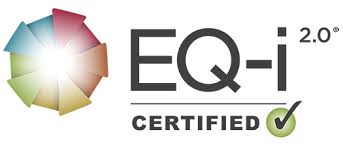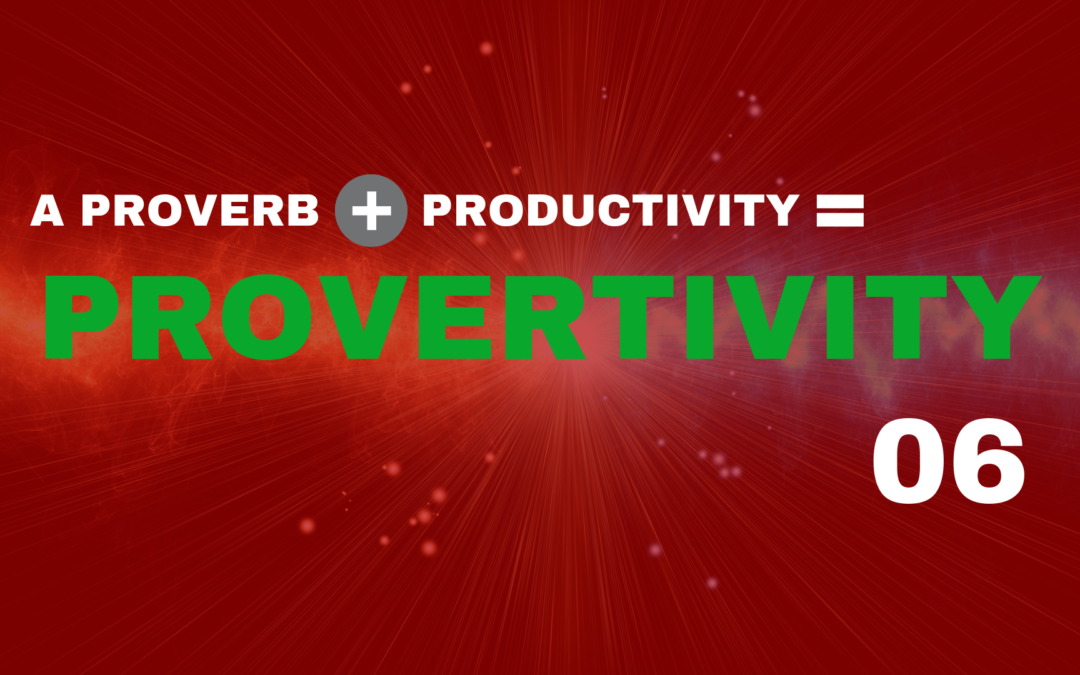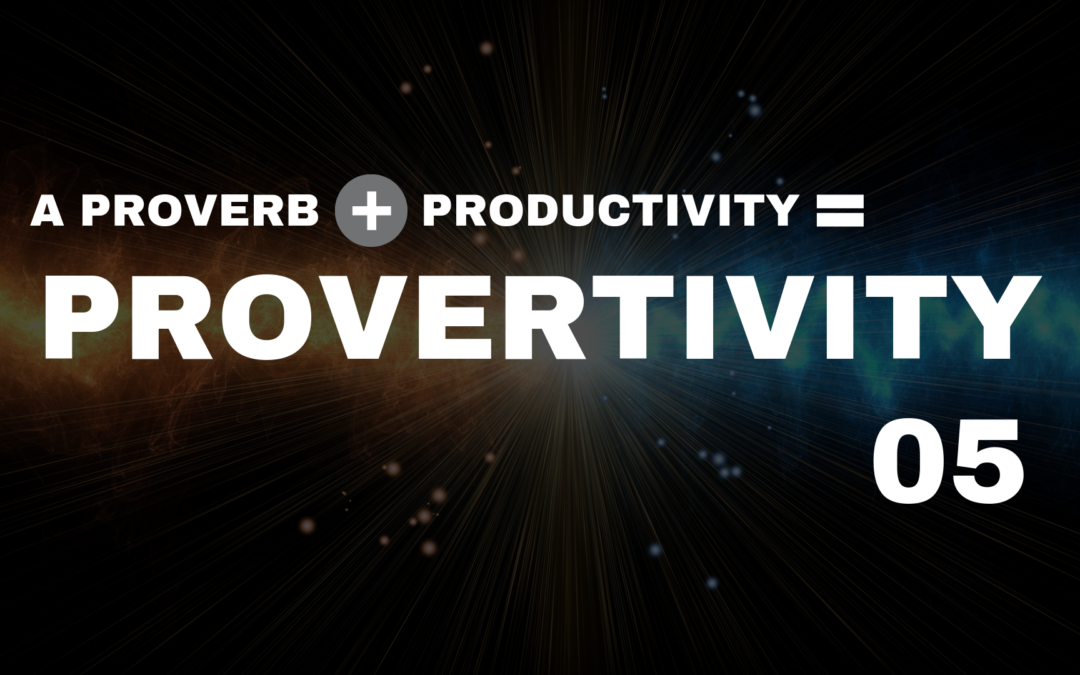“A reader lives a thousand lives before he dies. The man who never reads lives only one.” — George R.R. Martin
I have been fascinated by this quote since the first time I read it. It comes from Martin’s, “A Dance with Dragons,” the fifth book in the series “A Song of Ice and Fire,” the basis for the HBO series Game of Thrones. I resonate with the truth of this “wise saying” and the topic of this installment of Provertivity.
I have a vivid memory of being on a plane with my wife, heading for a “Just the Two of Us” vacation. While in the air, I finished “Allegiant” the third book of the Divergent series. I remember having a profound and overwhelming sense of loss, saying goodbye to the Beatrice and Four, who had in a way become friends. In a way, I had a lived life through their fictitious journey.
The same can be said of the lives of real people who I have had the opportunity to learn from and grow through as a result of reading their books. People like Paul Kalanithi (When Breath Becomes Air), Chip and Joanna Gaines (The Magnolia Story), Ernie Johnson Jr. (Unscripted), and countless others including Jim Rohn, John Maxwell, Jon Gordon, Patrick Lencioni, and Brendon Burchard.
For a bit of context, I am an avid reader. I read every day, and over the last few years, I’ve consumed hundreds of books. However, this was not always part of my identity. For the majority of my life, I read very little. I held onto an elementary school diagnosis of dyslexia as a crutch and excuse as to why I did not read. In recent years, I’ve found that is was not my disability but my lack of discipline that held me back from the enjoyment, discovery, and personal development I’ve experienced over the last several years of being a reader. My hope it to encourage you to be an avid reader too.
There’s a large amount of research and a plethora of blog posts, articles, and data on the power of having a consistent reading habit. I have personally experienced amazing benefits of being a regular reader. Here are a few benefits you can expect from a consistent habit of reading.
Expands Vocabulary and Improves Communication Skills
As you read you learn new ways to form sentences, share ideas and express emotions. Reading uniquely expands one’s vocabulary. Reading introduces new words, phrases and expressions. According to research conducted by Anne E. Cunningham, the books, magazines, and other written texts we read as adults use far more rare words than what are heard on television. Personally, I have found that I access a broader vocabulary in both written correspondence and when speaking in public.
Increases Relevance and Market Value
Stephen R. Covey, in Primary Greatness, makes the case that continuous learning will save your life because, without it, you slip quickly into irrelevance. Covey goes on to emphasize that if a person makes the accurate assumption that their current knowledge and skills will become obsolete in three years, he or she will start to get serious about systematic study and reading. All the bits of information, gathered from reading, fill your brain and you never know when that information will come in handy. Continual learning through reading equips you to overcome any challenges you may face and ready for opportunities that come your way. (See the article What’s Growing in Your Head?)
Enhances Critical Thinking and Problem-Solving Skills
What exactly is critical thinking? Many definitions try to get at the heart of it. A simple definition is disciplined thinking that is clear, rational, open-minded and informed by evidence. You and I make decisions every day, and some of them are really important. The requirement of thinking through and processing information while reading (connecting dots, carrying the plot line from beginning to end, grasping key concepts) strengthens critical thinking and problem-solving skills.
Reduces Stress
According to a study by Dr. David Lewis, conducted at Mindlab International at the University of Sussex, people feel a 68% decrease in stress after only six minutes of reading a “good book.” It is amazing that a mere six minutes of reading is all that is needed “to slow down the heart rate and ease tension in the muscles.”
Builds Self-Esteem
Are you aware that If you were to read three books about a topic, you would know more about that topic than 99% of the population? That would make you an expert. How is that for building self-esteem? And as an “expert” in multiple fields, you can recall stories, illustrations, history, funny antidotes, and information about all kinds of topics, giving you the ability to carry on a conversation in various settings, helping you to be both engaging and interesting.
“You will be the same person in five years as you are today except for the people you meet and the books you read.” – Charlie “Tremendous” Jones
Increases mental strength and vitality
The brain is a muscle and reading is a way to keep your mind active, preventing it from becoming weak and unhealthy. Research at Rush University Medical Center in Chicago has shown that the mental stimulation from reading can fight off the symptoms of dementia and Alzheimer’s disease. Robert S. Wilson, the study author, said, “Our study suggests that exercising your brain by taking part in activities such as these (reading) across a person’s lifetime, from childhood through old age, is important for brain health in old age.”
Separates Great Leaders from Good Leaders
In a June 27th, 2017 Inc. post, Brian D. Evans wrote, “Most CEOs and executives read 4–5 books per month. These are the leaders, the game-changers, the ones that end up shaking the ground, rebuilding industries, providing jobs, and inventing some of our most beloved everyday products.” When compared with current trends in American reading habits, where the percentage of people who read for pleasure on any given day has dropped from roughly 28 percent in 2004, to 19 percent in 2017, it is no wonder that these CEO’s and executives are the “game-changers.” Just think how reading a book or two a month could separate you from the pack as a leader. I firmly believe that the single most effective strategy for personal growth is a regular, disciplined reading habit. As Harry S. Truman said, “Not all readers lead, but all leaders read!”
“If you want to lead, you simply must read. It’s one of the surest ways to develop the qualities that will make you stand out and simultaneously equip you to lead as your influence grows.” – Micheal Hyatt
So, are you beginning to feel inspired to read more? Keep reading to learn four ideas that will assist you in building your reading habit.
[et_bloom_inline optin_id=”optin_3″]
1. Read Pages Not Books
When I started pursuing the goal to be a reader, I based success on the number of books I would read in a year. Starting out it was something like, “I’m going to read 12 books this year.” What I found was setting the goal around the number of books was both defeating and limiting.
It was defeating when I got behind in my reading and began to stress that I would not make my goal and then would want to give up. It was limiting because after I changed my strategy to reading pages per day instead of books per month or year, I found I was able to read way more than what I initially thought I would.
Consider this. The average number of words per book is around 64,000 words. In general, there are in general, 250–300 words per page. So that would make the average book somewhere around 213 pages. If you set your reading habit to read 10 pages per day, you would read 17 physical books in one year.
2. Schedule Time To Read
I firmly believer that if you do not set a regular daily time to read, you will not do it. Find at least 30 to 60 minutes at the same time every day to knock out this daily habit. For me, it is the first thing in the morning after waking up and my quiet time. You do you! Find a time that works and stick to it every day.
3. Listen to Audiobooks (It is not cheating)
I had always been held back with a mistruth that when I read, I needed to retain all the information that I read. One statement from Michael Hyatt freed me from that mistruth. He encouraged his listeners to “Read for expansion, not for retention.” He also was the first leader that I heard give a stamp of approval for audio books. So, when I started my reading habit, audible books were my go to. While driving in the car alone or exercising, I have an audiobook playing on the car stereo or in my earbuds. Although my reading habit has expanded and morphed, nearly half of the books I read are audible books.
Check out this article for more thoughts on reading audible books: Why ‘Reading’ Audiobooks Isn’t a Shortcut: Listening vs. Reading, and Your Brain
4. Always Have a Book Available
This one idea immediately increased my reading quantity. I have a book of some form with me wherever I go. This could be a physical book, an audio book, or a book on my phone. I also strategically position books around my home. I have books by my reading chair, books by my bed, and yes, a book in the bathroom. Whenever I have unexpected, unscheduled chunks of time that pop up. Reading is a way that I maximize the time. (read more about maximizing time in my post, Three Practices That Will Move You From Time Poor to Time Wealthy).
So to wrap this up, let’s start where we began, “A reader lives a thousand lives before he dies. The man who never reads lives only one.” Which one will you be? Recently I saw that only one in four Americans read a single book from cover to cover in the last year. That was me five years ago. That may be you today. As one year is coming to an end and a new one begins, I want to challenge you to flip the script. Be a reader by establishing a consistent daily habit of reading.








